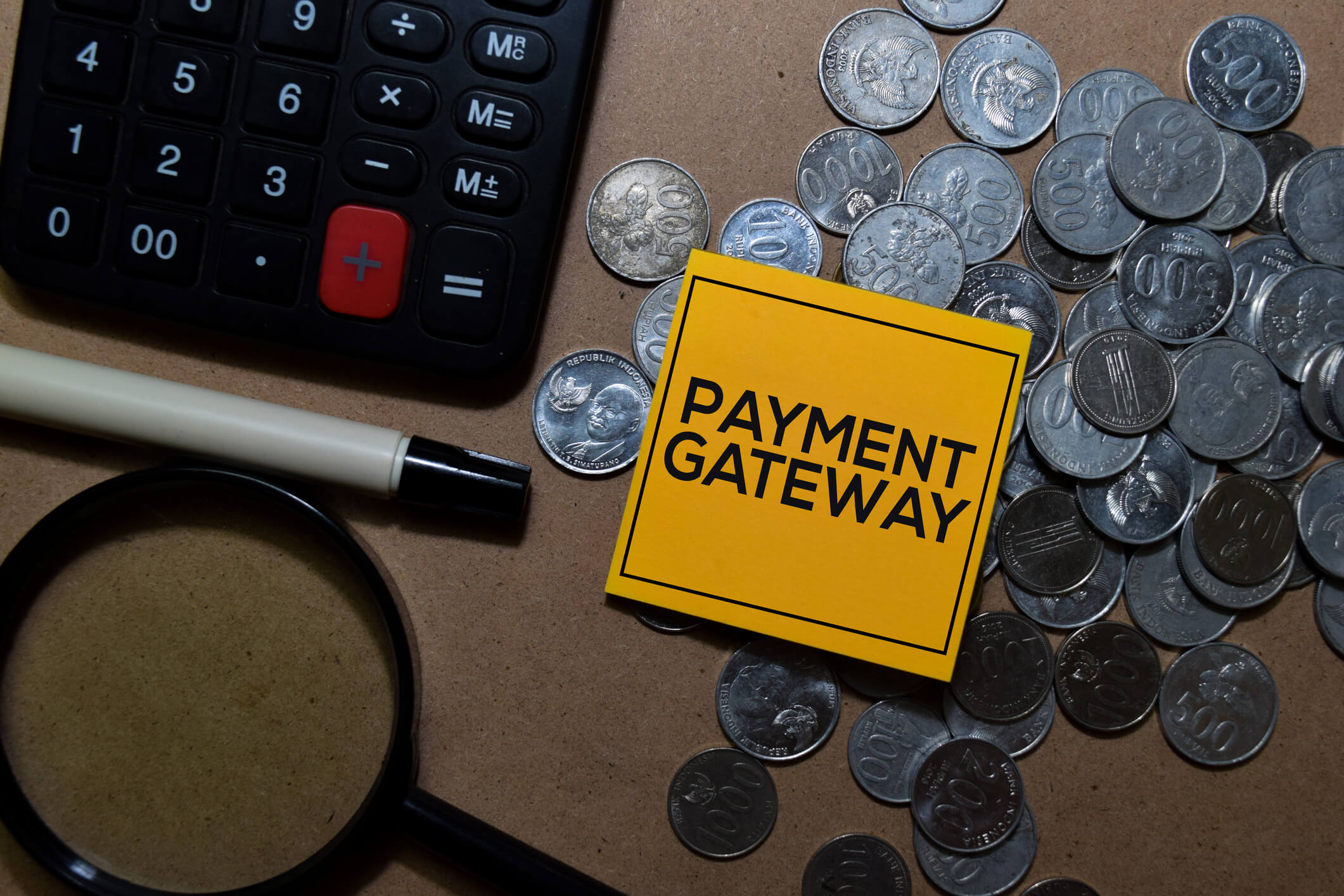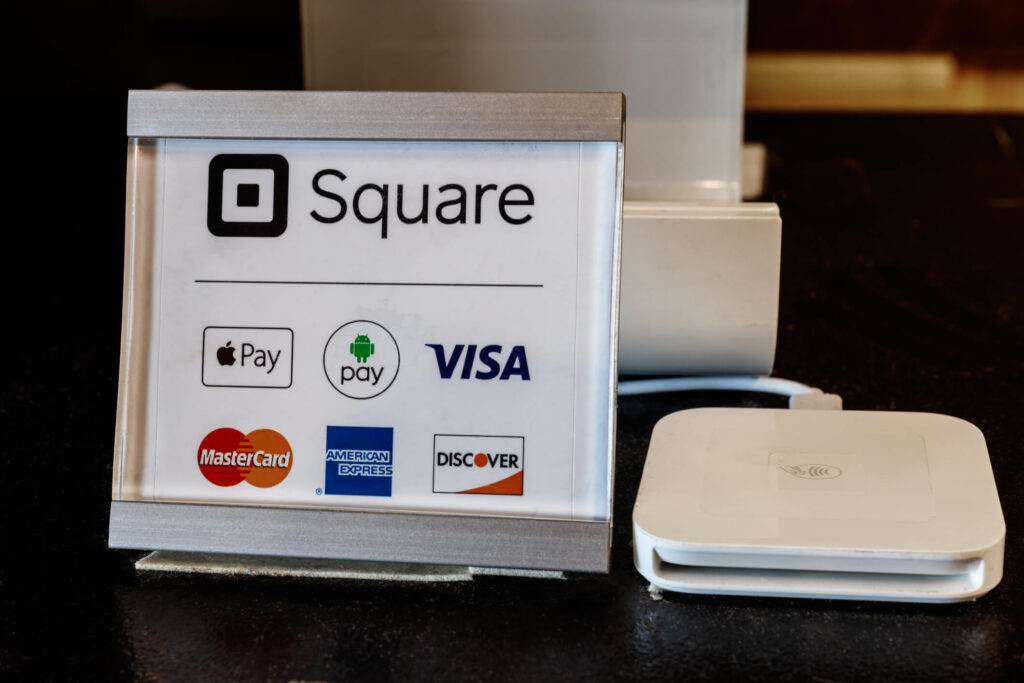
By American April 20, 2024
Payment gateways are a critical component of modern e-commerce, acting as the intermediary to facilitate all transactions between merchants, customers, and financial institutions. This article provides an in-depth understanding of what payment gateways are, how they function, and what every merchant needs to know to make informed decisions.
What is a Payment Gateway?
A payment gateway is a technology that facilitates the secure transfer of customer payment information from a website or mobile app to the payment processor. It acts as a bridge between the merchant’s website and the financial institutions involved in the transaction. Essentially, it enables the authorization and processing of online payments, ensuring that sensitive customer data is encrypted and protected.
The Role of Payment Gateways in E-commerce
Payment gateways play a crucial role in the world of e-commerce. They provide a secure and efficient way for merchants to accept online payments, enabling customers to make purchases with ease. Without a payment gateway, merchants would have to handle payment processing manually, which can be time-consuming and prone to errors. Payment gateways automate the payment process, reducing the risk of human error and streamlining the overall customer experience.
5 Best Payment Gateways of 2024
Here’s a roundup of the top 5 payment gateways that stand out for their reliability, features, and overall user satisfaction.
Stripe
Known for its developer-friendly APIs, Stripe is a powerhouse in handling online payments. It offers flexibility in payment methods including cards, bank transfers, and popular wallets. Stripe’s robust security measures and scalability make it a top choice for tech-savvy businesses.
PayPal
One of the most recognized names in payment solutions, PayPal offers widespread acceptance, ease of use, and strong buyer protection. It’s particularly favored by small to medium-sized businesses and excels with international transactions.
Square
Ideal for physical storefronts and mobile businesses, Square provides a seamless integration of in-person and online payments. Its systems come with point-of-sale hardware options that are very user-friendly.
Adyen
Serving global brands with a single platform for all payments, Adyen excels in offering an end-to-end payment experience that’s streamlined and efficient. It supports over 250 payment methods and 150 currencies.
Authorize.net
Known for its simplicity and reliability, Authorize.Net is great for small businesses venturing into online sales. It supports multiple payment methods and provides a secure and compliant payment gateway.
How Payment Gateways Work: A Step-by-Step Guide
To understand how payment gateways work, let’s walk through a typical online transaction process:
- Customer initiates a purchase: The customer selects products or services on the merchant’s website and proceeds to the checkout page.
- Payment information is entered: The customer enters their payment details, such as credit card number, expiration date, and CVV code, into the payment gateway’s secure form.
- Encryption and tokenization: The payment gateway encrypts the customer’s payment information to protect it from unauthorized access. Some payment gateways also use tokenization, which replaces sensitive data with a unique identifier, further enhancing security.
- Authorization request: The payment gateway sends the encrypted payment information to the payment processor or acquiring bank for authorization. The processor verifies the customer’s payment details and checks for available funds.
- Authorization response: The payment processor sends an authorization response back to the payment gateway, indicating whether the transaction is approved or declined.
- Transaction completion: If the transaction is approved, the payment gateway sends a confirmation to the merchant’s website, allowing the customer to proceed with the purchase. The payment gateway also initiates the transfer of funds from the customer’s account to the merchant’s account.
Different Types of Payment Gateways
There are various types of payment gateways available, each with its own set of pros and cons. Let’s explore some of the most common types:
- Hosted Payment Gateways: These gateways redirect customers to a secure payment page hosted by the gateway provider. The advantage of hosted gateways is that they handle all security and compliance requirements, relieving the merchant of that responsibility. However, the downside is that customers are taken away from the merchant’s website during the payment process, which can disrupt the user experience.
- Self-Hosted Payment Gateways: With self-hosted gateways, the payment page is hosted on the merchant’s website. This allows for a seamless user experience, as customers never leave the site. However, self-hosted gateways require the merchant to handle security and compliance measures, which can be complex and time-consuming.
- API Payment Gateways: API (Application Programming Interface) gateways allow for a high level of customization and integration with the merchant’s website. They provide more control over the payment process and offer a seamless user experience. However, API gateways require technical expertise to set up and maintain.
- Mobile Payment Gateways: As mobile commerce continues to grow, mobile payment gateways have become increasingly popular. These gateways are specifically designed for mobile devices, offering a user-friendly interface and optimized checkout process. However, mobile payment gateways may have limited features compared to their desktop counterparts.
When choosing a payment gateway, merchants should consider factors such as security, user experience, integration capabilities, and pricing models. It is important to find a gateway that aligns with the specific needs and goals of the business.
Factors to Consider When Choosing a Payment Gateway
Choosing the right payment gateway is crucial for the success of an e-commerce business. Here are some key factors to consider:
- Security: Security should be a top priority when selecting a payment gateway. Look for gateways that comply with industry standards, such as PCI DSS (Payment Card Industry Data Security Standard), and offer robust encryption and fraud prevention measures.
- User Experience: A seamless and user-friendly checkout process is essential for customer satisfaction. Choose a payment gateway that provides a smooth and intuitive user experience, minimizing friction and abandoned carts.
- Integration Capabilities: Consider the compatibility of the payment gateway with your e-commerce platform or website. Look for gateways that offer easy integration and provide plugins or APIs for seamless connectivity.
- Pricing Models: Payment gateways charge transaction fees for their services. Compare pricing models and fee structures to find a gateway that aligns with your budget and sales volume. Consider factors such as setup fees, monthly fees, per-transaction fees, and any additional charges for international transactions or chargebacks.
- Customer Support: Reliable customer support is crucial when dealing with payment gateways. Look for providers that offer 24/7 support and have a reputation for responsive and helpful customer service.
By carefully considering these factors, merchants can choose a payment gateway that meets their specific needs and provides a secure and seamless payment experience for their customers.
Common Challenges Faced by Merchants with Payment Gateways
While payment gateways offer numerous benefits, merchants may encounter certain challenges when implementing and using them. Let’s explore some of the common challenges and how to address them:
Security Concerns and Fraud Prevention Measures
One of the biggest concerns for merchants is the security of customer payment information. With the increasing sophistication of cybercriminals, it is crucial to implement robust security measures to protect sensitive data. Payment gateways play a vital role in ensuring the security of online transactions. Look for gateways that offer encryption, tokenization, and fraud prevention tools, such as address verification and CVV checks. Regularly monitor and update security protocols to stay ahead of potential threats.
Integration and Compatibility Issues
Integrating a payment gateway with an e-commerce platform or website can sometimes be challenging. Compatibility issues may arise, causing disruptions in the payment process. To avoid such issues, choose a payment gateway that offers seamless integration with your chosen platform. Consult with your e-commerce platform provider or web developer to ensure compatibility and smooth integration.
Transaction Fees and Pricing Models
Transaction fees and pricing models vary among payment gateway providers. Merchants need to carefully evaluate the fee structure and consider the impact on their profit margins. Compare different providers and their pricing models to find the best fit for your business. Consider factors such as setup fees, monthly fees, per-transaction fees, and any additional charges for international transactions or chargebacks. It is also important to assess the value provided by the gateway in terms of security, features, and customer support.
Frequently Asked Questions
Q.1: Are Payment Gateways Secure?
Yes, payment gateways are designed to provide a secure environment for online transactions. They use encryption and tokenization to protect sensitive customer data, making it difficult for hackers to access and misuse the information. However, it is important for merchants to choose a reputable payment gateway provider that complies with industry security standards, such as PCI DSS, and regularly updates their security protocols.
Q.2: How Long Does it Take to Set Up a Payment Gateway?
The time required to set up a payment gateway can vary depending on several factors, such as the chosen provider, the complexity of integration, and the merchant’s readiness with required documentation. In some cases, the setup process can be completed within a few days, while others may take a couple of weeks. It is advisable to consult with the payment gateway provider to get an estimate of the setup timeline and ensure all necessary requirements are met.
Q.3: Can I Use Multiple Payment Gateways on My Website?
Yes, it is possible to use multiple payment gateways on a website. This can be beneficial for merchants who want to offer their customers a variety of payment options or cater to different regions with specific payment preferences. However, managing multiple gateways can be complex and may require additional technical expertise. It is important to carefully consider the integration process, compatibility, and potential impact on the user experience before implementing multiple gateways.
Q.4: What Happens if a Customer’s Payment is Declined?
If a customer’s payment is declined, it is important to handle the situation promptly and effectively. The payment gateway will typically provide an error code or message indicating the reason for the decline. Common reasons include insufficient funds, expired card, or suspected fraud. Merchants should communicate with the customer to resolve the issue, offering alternative payment methods if necessary. It is also important to have clear policies and procedures in place for handling declined payments to ensure a positive customer experience.
Conclusion
Payment gateways are an essential component of any e-commerce business. They provide a secure and efficient way for merchants to accept online payments, ensuring customer satisfaction and business success. By understanding the role of payment gateways, how they work, the different types available, and the factors to consider when choosing one, merchants can optimize their payment process and enhance the overall customer experience.
While challenges may arise, such as security concerns, integration issues, and transaction fees, these can be overcome with careful planning, choosing the right provider, and implementing best practices. By addressing these challenges and providing a seamless payment experience, merchants can build trust with their customers, increase conversions, and drive business growth.
In conclusion, payment gateways are a vital tool for merchants in the digital age. By understanding their role, functionality, and best practices, merchants can leverage payment gateways to streamline their payment process, enhance security, and ultimately drive business success in the competitive world of e-commerce.





